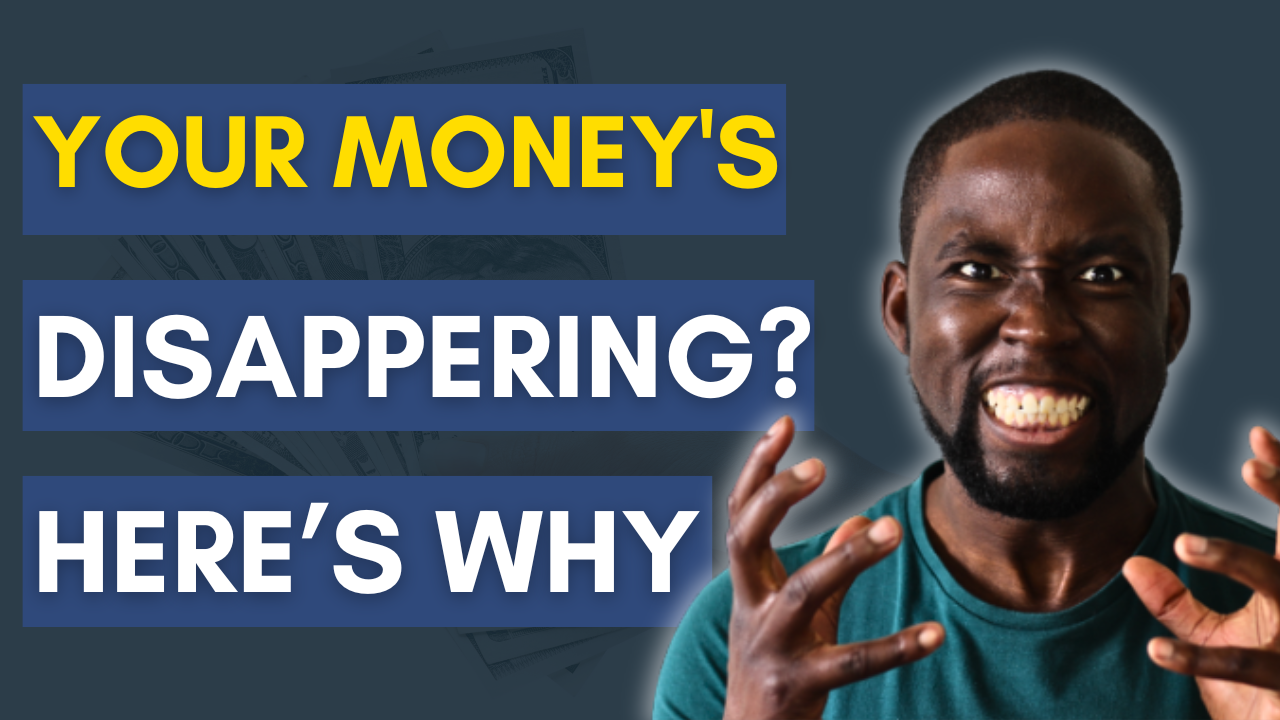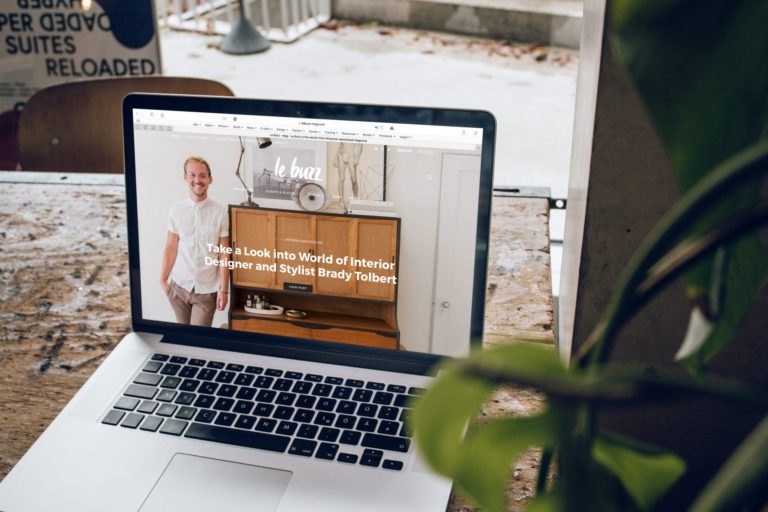Why Your Paycheck Feels Smaller Than Ever (Even If You’re Earning More)
Ever feel like you’re earning more on paper, but somehow your bank account isn’t getting the memo?
You’re not alone. In fact, it’s not your imagination; it’s the system.
Whether you’re in a traditional 9-5, running a consultancy, or somewhere in-between, many professionals across the UK are feeling the pinch. And it’s not just inflation or “the cost of living crisis.” There are deeper systemic barriers at play; stealth taxes, fiscal rules, inflation control mechanisms, and a tax system that’s quietly draining your potential.
But don’t worry. In this article, I’m going to break down why this is happening, how the system is built this way, and what you can actually do about it; without needing a finance degree.
1. The Invisible Hand of Policy: How the System is Built to Take First, Ask Later
Let’s start with the basics.
Why does it feel like no matter how much you earn, you’re still stuck in the same financial place?
It begins with something most people never really think about; the bond market.
Governments, including the UK, regularly borrow money via bonds (essentially IOUs) to fund infrastructure, respond to crises, or stimulate innovation. They sell these bonds to massive institutions like pension funds or hedge funds, which are backed by loans from even bigger financial entities.
Now, here’s where it gets interesting.
That money used to buy the bonds ends up flowing into our economy; boosting credit, increasing demand for goods and services, and ultimately over time, driving up prices. This leads to inflation, which in turn causes central banks to increase interest rates to keep things stable.
But guess what?
When interest rates go up, mortgages get more expensive, debt repayments get heavier, and crucially your paycheck doesn’t stretch as far.
When I reflect on my own experience, I remember hitting my highest income year to date; but still feeling “squeezed.”
It wasn’t just me being bad with money. It was the system doing what it was designed to do.
2. The Tax Trap: Stealthy, Sticky, and Brutal
Most people think of taxes as straightforward; earn more, pay more.
But it’s not that simple.
We’re seeing the impact of fiscal drag, or what’s sometimes called the stealth tax. The government has chosen to freeze the tax-free personal allowance (£12,570) until 2028, even as inflation continues to rise. That means as wages inch up to keep pace with inflation, more people end up in higher tax brackets; without a real increase in take-home pay.
Let’s take a real example:
If you’re earning £50,270, you cross into the 40% tax bracket, and with NI contributions added, your marginal rate hits 42% for every £1 made after that up to £125,140. That’s almost half of every additional pound gone; before you even get to spend it.
Compare that to dividends or capital gains, which are often taxed at 20% or lower.
This isn’t a coincidence. It’s policy.
As someone who straddles both employment and self-employment landscapes, I’ve seen the sharp difference in how income is treated. The PAYE employee gets taxed before they even see their money. Meanwhile, a limited company director has the flexibility to decide how and when they pay themselves, which expenses are allowable, and how to allocate profits efficiently.
This isn’t about tax evasion. It’s about tax efficiency.
3. The Systemic Barriers: The Wolves You Can’t See
The average UK house price is now roughly nine times the average salary. Just two decades ago, it was closer to four. And if you’re renting? The Resolution Foundation estimates the average person will spend £1.1 million in rent over a lifetime.
Let that sink in.
That’s money that could’ve been working for you; in stocks, index funds, or a property asset of your own.
But the system makes even getting started incredibly hard. If you’re saddled with student debt, stagnant wages, and high living costs, building wealth feels like pushing water uphill.
Personally, the turning point came when I realised the sheer power of how money can grow when you put it in the right place; whether it’s a cash ISA, a stocks & shares ISA, or an index fund. The key? Start. And stay consistent.
4. What You Can Actually Do About It: Strategic Moves That Work
Here’s the good news: the game may be rigged, but you can learn to play it better.
Use Your Limited Company Strategically
If you’re a contractor or consultant or even thinking of becoming one; open a limited company. This gives you control over how you’re taxed, how you pay yourself, and what expenses you can claim.
Bring your partner on as a director. Pay yourself just under the tax-free allowance. Reinvest profits into ISAs or pensions.
Again, seek advice from an accountant; but don’t ignore this opportunity.
Level Up Your Role or Contract
If you’re in a job that’s stagnating, fight for a promotion; or move on.
Yes, it’s tough out there, but strategic persistence wins. Update your CV, use platforms like ChatGPT to refine your pitch, and speak recruiters’ language. Know your niche. Know your value. In this economy, aim to tap into the shadow job market – this is reliant on your relationship with recruiters: Position yourself as an asset, not just an applicant.
Invest Consistently, Not Emotionally
Forget the hype. Forget the noise.
If you only do one thing financially this year, put £50 – 100 per month/week into an S&P 500 index fund and don’t touch it (irrespective of how the markets are moving). That’s it.
This strategy, called pound cost averaging; works because an index fund trends upward over time (as opposed to a stock and share which is more volatile and not necessarily trendy by nature). You’re not trying to time it. You’re committing to it.
Bonus Insight: You Don’t Need Permission to Start
Sometimes the biggest mental block is thinking we need to have it all figured out before we begin.
You don’t.
My YouTube channel didn’t start as a business vehicle, it started as an outlet.
Now, it earns me some income in the form of AdSense, digital product purchases and coaching. It’s not life changing but it’s adding to my portfolio indeed!
My coaching didn’t begin as a product, it began with me giving value.
Now, it generates leads to the point where I need to block out days to protect my time.
The point? Monetise slowly, but deliberately. Everything you do has the potential to become a stream. But the stream doesn’t flow unless you open the tap.
Final Thoughts: It’s Not Just About Money. It’s About Mastery.
The system; bonds, fiscal rules, stealth taxes, NI contributions; might not change tomorrow. But how you respond to it can.
It’s not about outsmarting the system. It’s about understanding how it works, and then making deliberate, powerful moves that protect your value, amplify your assets, and position you for sustainable growth.
Whether you’re at the start of your career or scaling your consultancy, remember this:
You are an asset. The more you learn, apply, and position yourself; the more options you create.
If this resonated with you and you’re exploring career opportunities, whether in the hidden job market or transitioning to contracting; feel free to reach out. I may be booked, but I’ll always try to get back to you.
As always Understand. Reach. Expand.
Peace.







